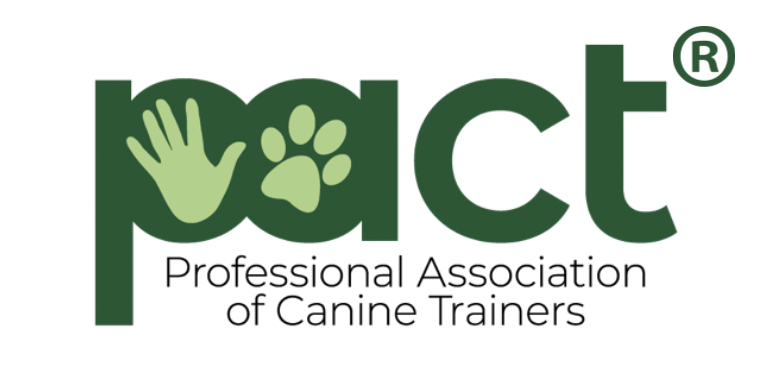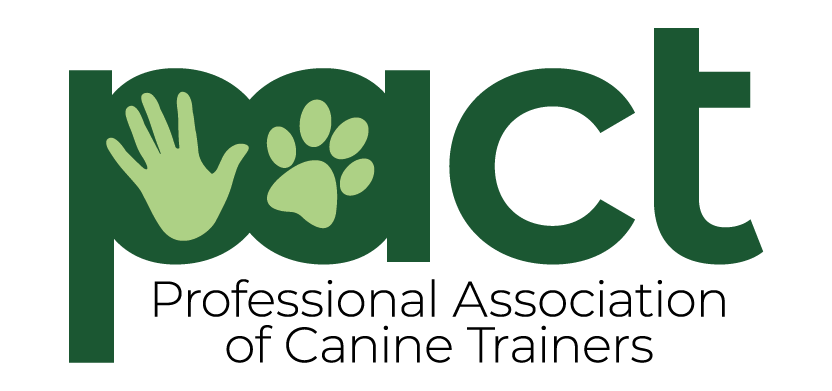Sustainability in the Animal Welfare Sector
It’s often said we need to tackle the climate crisis for the sake of humanity and the natural environment, but our companion animals can be just as impacted by severe weather.
Just as we have a critical responsibility to speak up for the children and future generations to come, we must take a stand to represent companion animals such as dogs, to ensure that society doesn’t hamper the ability of them to thrive in the future.

Impact of the Climate Crisis on dogs
Heatwaves have already become more frequent and severe, without intervention this will get worse. Dogs lose heat through panting and can suffer or worse during heatwaves. Without mitigating climate change scientists have indicated that the hottest days in the UK could be 2-3 Degrees hotter by the 2040’s.
The RSPCA as a Guide for supporting dogs during heatwaves.
Flooding has a disastrous effect on animals, recent floods have seen lives lost.
Severe Weather events are on the rise, these high winds can be scary for animals causing health issues and blow down fences leading to dogs becoming lost.
Water Scarcity is already an issue in the UK and beyond, the South East of England is considered a “Water Stressed” area, this is likely to become more of an issue.

Reduce the ‘Carbon Pawprint’ of your dog
Heating and Cooling
Dogs share our homes and like their guardians will require heating and cooling. Be mindful of windows letting out or in heat, consider ditching the gas or oil boiler and installing a renewable electricity powered heat pump.
Dry dog beds and towels outside rather than energy intensive tumble dryers.
Travel
Consider swapping trips in your dog for a walk from home. Where this may not be possible, can the dog guardian swap their vehicle for an electric variant, or if its safe to do so use a bike with a trailer.
Waste
Dogs can create significant levels of waste, choosing products with minimal or recyclable packaging.
Also consider collecting waste in compostable bags and where possible dispose via a dog poo wormery or dog poo anaerobic digester.
Diet
Humans share two things with dogs, we are both omnivores and food represents one of the largest parts of our carbon footprint. Fortunately there are ways to reduce a dogs Pawprint; swap out carbon intensive meat such as beef for local produce, lower carbon meat, have meat free days or treats or remove meat all together.
Business
Dog businesses such as PACT can provide leadership, we teach dog trainers and have committed to providing them with the tools to reduce the impact of their business and help their clients do the same.
For more ideas read our Environment and Ethics Statement
Resilience
Have a plan for severe weather events, check the garden is secure before letting dogs out, were would you go in a fire..etc.
Ecological Impact
Leave no trace when walking dogs, both litter and poo which can negatively change the nutrient levels in habitats.
Use management to ensure dogs and other pets do not worry wildlife, such as ground nesting birds.
Avoid dogs swimming in sensitive water bodies, maybe a peak to your vet about options to reduce pesticides from flee/tic treatments getting into rivers.
Society’s most challenging problems cannot be solved by government and nonprofits alone. We’ve setup PACT Dogs Ltd with a legal commitment to have a positive impact on Community and Environment.
Our wider Impact - We feel that accountability and transparency is critical for the sector to move forwards. Alongside our monthly newsletters, every 6 months we are committed to publishing reports setting out the impact we have having on the sector and beyond. You can read the the latest 6 monthly impact report here.
Donations to charities - We believe that businesses can be a force for good and where ever possible we will use our position to support a range of charities from within the Animal Welfare sector and beyond, find out more here.
Supporting Animal Welfare organisations - Alongside direct donations, we have also provided discount Canine Instructor Course spaces to staff from leading national welfare charities, saving them thousands of pounds (including the RSPCA, Guide Dogs & Canine Partners) find out more here.
PACT is a Pending B Corp
In January 2022 PACT became the first Animal Training, Education & Behaviour organisation IN THE WORLD to become a Pending B-Corp.
We see this as an hugely significant moment and we are committed to inspire and support our students & members, along with other organisations in the sector to take similar progressive steps. Achieving this status is a huge step towards our ambition to become a fully Certified B-Corp in 2022 and is evidence that we have the following embedded in our core values:
* Measuring, managing and improving our social and environmental performance and impact
* Strong governance with the B Corp legal framework appearing in our registration with Companies House which legally protects our mission
B-Corps pledge to work toward reducing inequality, lowering levels of poverty, contributing to creating a healthier environment, building stronger communities, and the production of more high quality jobs that have dignity and purpose.
Find out more about B-Corp status means, and the wonderful companies that we hope to join soon.
Business Declares
PACT Dogs Ltd is proud to have joined Business Declares and the fast-growing network of businesses who acknowledge the Climate and Ecological Emergency. Our aim is to operate net positive climate/ecological from year 1 by minimising and offsetting our emissions and impact on biodiversity. Concern for all animals and the planet are not new to us and we look forward to continuing to share our journey and ensuring our voice is part of the collective, resounding call for change.
Supporting the Better Business Act
PACT joined the Better Business Act coalition because we believe the world needs every business at its best - creating good jobs, helping to fix pressing problems and adding value to society. This aligns with our company’s stated mission and values.
PACT has joining hundreds of businesses calling for a straightforward legislative solution: the Better Business Act will amend section 172 of The Companies Act to ensure that company directors are responsible for advancing the interests of shareholders alongside those of wider society and the environment.
Our company is encouraged by the fact that the Better Business Act is a business-led campaign, driven by leaders who recognise that the law has fallen behind business culture and who have proven that this approach to business works for everyone.
We believe that the Better Business Act is a unique opportunity to demonstrate UK leadership on the global stage – creating a competitive advantage, driving innovation, accelerating progress to net zero, and aligning with the government’s ambition to build back better.




